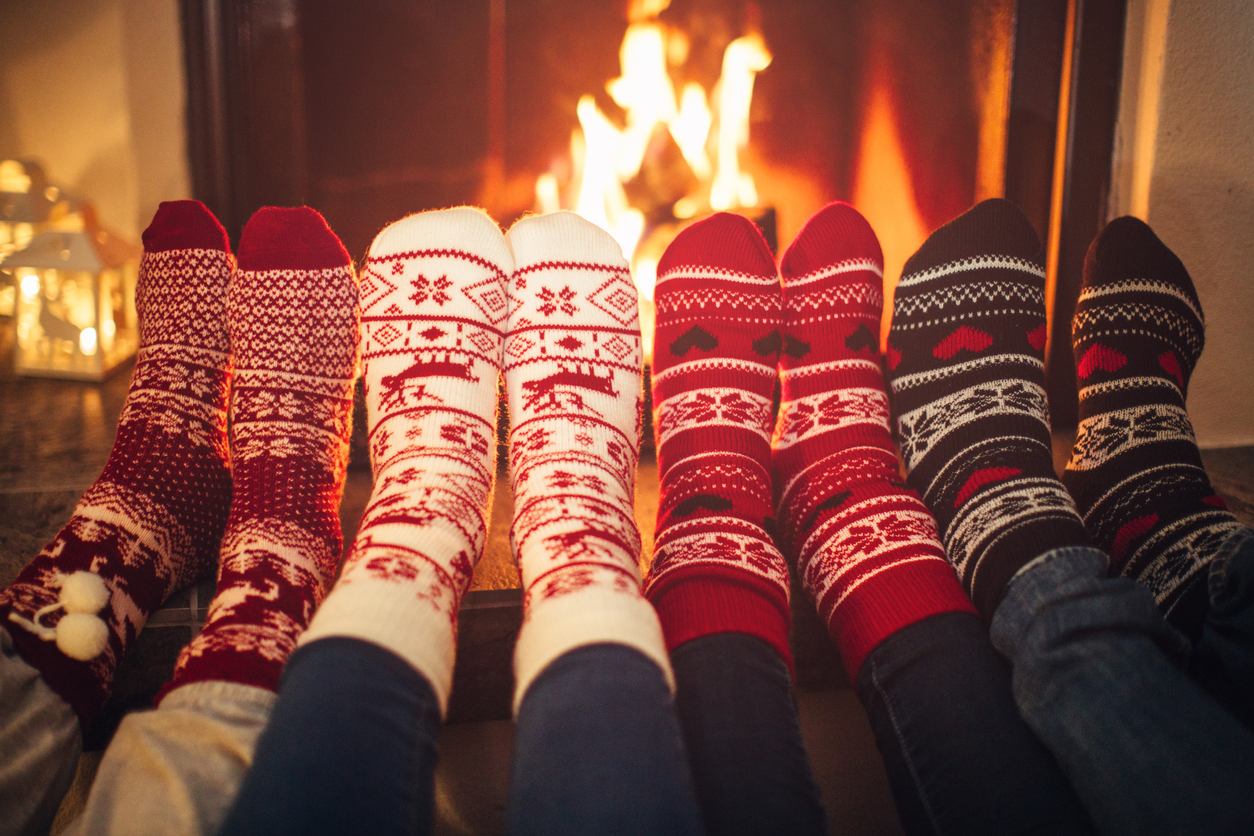Making spirits bright

Subscribe to Catalyst
Subscribe to get our magazine delivered right to your inbox
Related Articles
Subscribe to Catalyst
Subscribe to get our magazine delivered right to your inbox
Related Articles
Give back, or reach out
While Dr. Keith Dobson doesn’t have a miracle cure for the holiday blues, he’s got a prescription for improving our outlook: We need to manage expectations.
“This isn’t going to be a holiday like any we’ve had before, so we’ll all need to adjust our vision to ensure the season matches the reality,” said Dobson during a phone interview. “But by far the biggest worry I’ve heard, and the greatest increased risk factor for mental distress, is loneliness.”
Unfortunately, beating back the shadow of social isolation has perhaps never been more difficult. “We hear about technology as a great way to deal with loneliness, and it can be a veritable lifeline for some. But I know a number of seniors, for instance, who feel no affinity for, or inclination to use, FaceTime or Zoom. That’s a real gap that we need to address, whether by writing letters or making those much-needed phone calls.”
While Dobson often suggests volunteerism or community giving to combat social isolation, that too is going to look different this year.
“With so many charitable events pivoting to virtual formats, getting involved doesn’t afford the same level of social interaction,” he said. “Not only that, but the mere concept of being asked to give can be overwhelming for some people because they feel tapped out just putting one foot in front of the other.”
Dobson explained that psychologists typically talk about three broad factors that influence the risk of developing mental illness: biological, genetic, and social. While biological and genetic factors remain unchanged, the psychological — in particular the social challenges associated with the pandemic’s influence — have tipped the scales toward having more mental health challenges.
“What this means is that, for many people who are struggling, we’re probably not looking at prescribing medications or using treatments (like cognitive behavioural therapy) to combat negative thought patterns. Rather, we are focusing on changing behaviours.”
Dobson gave several examples of what this different approach could look like. For people who tend to be perfectionistic and hypermotivated, managing the pandemic marathon might require letting some of those extra things that create stress slide.
“Saying no is going to be key, especially those smaller tasks that we might normally tackle with gusto. If you’re a dedicated holiday baker and the idea of getting out your mixer is too much to bear, consider supporting a local bakery if your pocketbook allows. If you’re someone who always hosts the holiday party, but the concept of throwing a Zoom Christmas makes you feel like you want crawl under the covers, politely explain that this year you’re not the right person for the job.”
If, said Dobson, you’re someone who can’t seem to find any motivation, then tackling small hurdles can be an effective way to get back on track. “Simple things, like getting up at a regular time and making your bed, can be small habits that help set the tone for a more productive day.”
This holiday season, Dobson’s advice is simple. “Take control of those things you can control and let go of the rest.”
He emphasized that this year, unlike others, reaching out for support could bring some relief. “If you’re a small-business owner who has always given back to your community, but your livelihood now hangs in the balance, there is no shame, no shame whatsoever, in reaching out to receive rather than to give.”
For many, added Dobson, we’re approaching a tipping point in the pandemic. “Anxiety is a forward-looking emotion. We worry about and anticipate the worst of things to come, and that floods us with cortisol and can send us into the fight, flight, or freeze response. In contrast, depression is more about mourning the things we’ve lost, and in that state, we may find ourselves tired or filling the void with unhealthy activities such as eating or drinking too much.”
As the pandemic drags on, and we move collectively from a more anxious state to a depressive one, Dobson emphasized how important it will be to keep an eye on our own wellness and assess our well-being with tools like the mental health continuum model.
If the holiday season gets to be just too much, talking to a professional can help.
“What works for one person right now might be the opposite of what someone else needs to hear. Thankfully, portals like Wellness Together Canada give people the option of having personalized advice from a trained therapist at no cost.”
Grief, said Dobson, is a difficult emotion to manage, especially over the holidays. And we are all grieving something — big or small. “As we cope with this grief, being kind to others (and to ourselves) is maybe the best coping mechanism we’ve got.”
Dr. Keith Dobson is a professor of clinical psychology at the University of Calgary and a senior consultant with the Mental Health Commission of Canada.
Suzanne Westover
An Ottawa writer and former speechwriter, and Manager of Communications at the Mental Health Commission of Canada. A homebody who always has her nose in a book, she bakes a mean lemon loaf (some would call her a one-dish wonder) and enjoys watching movies with her husband and 14-year-old daughter. Suzanne’s time with the MHCC cemented her interest in mental health, and she remains a life-long learner on the subject.




